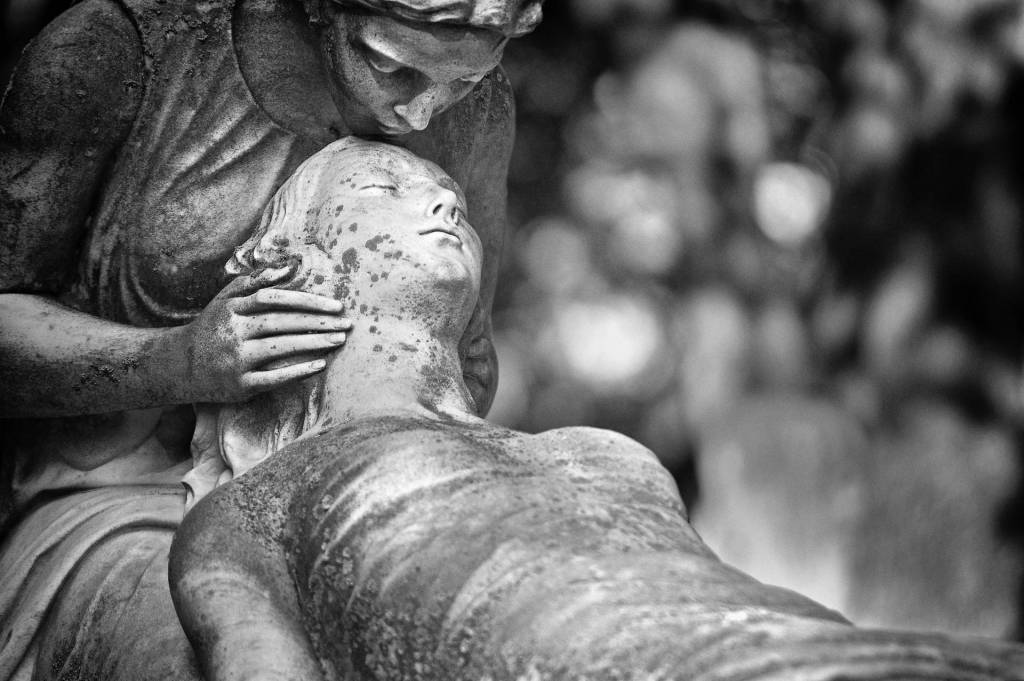
The Coronavirus, also known by its scientific name of COVID-19, is most likely on all of our minds.
With so much coverage about how it can spread to epidemic proportions if not addressed proactively, the fear about it grows. Many may even call to mind some of those movies like “Contagion.” These types of movies dramatize the impact a virus can have on the world.
Fear Grows
Already, we see how our viewers are reacting to media coverage. We’ve receive more questions and concerns about the Coronavirus. Even though we covered it previously, it’s important to revisit it, which was the subject of our recent broadcast.
One of our viewers shared her fear of the Coronavirus. Sue stated that her husband called her paranoid for refusing to go anywhere that has crowds. Sue revealed that, when she was young, her mother passed away from a viral infection, which explains her apprehension.
Behind the Fear
It’s our past experiences with the threat of death and grieving the loss of someone we love that puts us in touch with our own mortality.
Often, that can exhibit itself as a fear that we could also die the same way as those we lost. In this case, the Coronavirus has become a trigger for Sue.
Putting it in Perspective
This fear and anxiety are understandable. However, it’s important to put some realistic perspective around the situation. For example, the odds of being in a car accident or having a heart attack are significantly higher than contracting the Coronavirus.
No one wants to become anxious about these other possible ways of dying. Discussing this topic helps put facts to the situation rather than let our imagination take the wheel.
However, we don’t want to diminish the feelings of our viewer who lost her mother to a virus. When a person has that reality with death, it’s understandable just like Heidi and I think more about dying in a car accident because we lost a brother and son in such an accident. We attach our fears to the same situations that stole our loved ones from us.
How to Address Fear of Dying
One of the best ways to address such a fear is to do a personal assessment about why you have the fear. For example, our viewer can explore whether she feared crowds prior to the Coronavirus outbreak or it developed in conjunction with the news that now dominates the headlines.
In making that assessment, you also need to consider whether this fear is impacting your daily living and causing you to miss out on some of the joys that make life so wonderful. In certain situations, if you had this fear, you might not be able to even leave your apartment building or home.
Rather than focusing on the fear, think about proactive measures that protect yourself. This might involve washing your hands. Or you can wear a mask, if that makes you feel more comfortable. Other options include carrying anti-biotic wipes with you to wipe door handles and arm rests before touching them.
Another option is to go to the Center of Disease Control (CDC) website to get factual information while avoiding regular media coverage that can’t necessarily be confirmed.
Getting Validation and Acknowledgement
Finally, it’s important to reach out and get help. In doing so, you can get the validation and acknowledgment that you’ve been through a tough experience.
Throughout our lifespan, we experience and react to these types of situations differently. Therefore, it’s important to reflect on those evolving feelings and discuss them. In this way, we can get those feelings validated and acknowledged to help move forward. Support groups and a grief counselor can be helpful with this validation.
Tags: coronavirus, fear of coronavirus, fear of dying, fear of epidemics, health epidemic